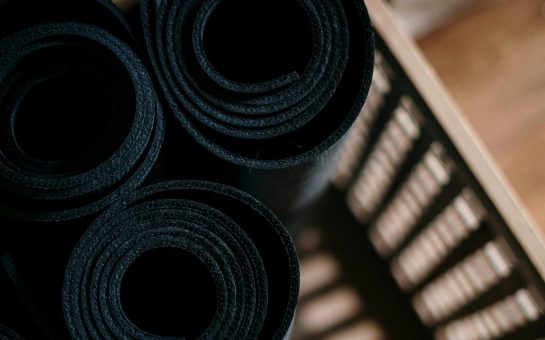During lockdown, the simple pastime of walking has become a national hobby, as we shun transport and escape our homes for our allocated daily exercise.
Our generation is not alone in seeing the benefits of walking, with many of history’s greatest minds including Beethoven, Dickens and Darwin preaching the benefits of a walk.
Peter Walker, author of The Miracle Pill, advocates for integrating movement into our daily lives to improve our health.
He argues that the modern world is not designed for an active life, with hidden office staircases and roads dominated by cars.
Walker said: “Whilst exercise is totally brilliant, not enough people tend to do it, just because it has to be done in time you have to carve out from your leisure time.
“In normal times, a lot of the activity people get is in their everyday life like walking to the train station, so with all that stuff banned people have to rely more on formal exercise like going for a walk.”
Walker’s advocacy of any exercise being better than none is backed up by numerous studies including one by I-Min Lee which showed that even 4,400 steps a day can have massive health benefits, including mental health.
Crucially, it is also never too late to integrate movement into your life.
Walker said: “Even if you have been inactive basically your entire life, the moment you start being active at whatever age, then the benefits start.”
Dr Guy Hayward, founder of the British Pilgrimage Trust, believes that we can improve our holistic wellbeing by setting an intention, religious or otherwise, as we walk.
He said: “Focusing your attention on the activity and giving it an intention is just a human thing to do, and the places you go may be related to religion but they are more than that.
“Westminster Abbey, for example, is visited by millions of people, but it has something there for everyone no matter what you believe.”
People have pilgrimaged throughout history for guidance in crises and Hayward believes that the same can be true in the modern day, offering an opportunity to find a new direction inside ourselves and externally.
By visiting locations where people have gone for centuries, he suggests, we can feel more connected to where we live and the people that have come before us.
Walking’s ability to connect us to the people and places around us is key to Living Streets, a charity campaigning for improved facilities to make walking the natural choice for local journeys.
Stephen Edwards from Living Streets said: “Amongst the tragedy of the pandemic, people have discovered the joys of walking and have become connected with communities around them in a way they were never before.”
Edwards, like Walker, believes that walking is a “miracle pill”, and by investing in it we can see benefits across all spectrums of our lives.
He added: “It is about reimagining communities as much as anything else, and creating an image of how somewhere can be a better place.”
Both Edwards and Walker argue that community and individual action on walking and movement depends on government response and investment in infrastructure.
Edwards said: “You can’t get away from the fact that people are concerned about the safety of walks; speeding vehicles, air pollution and things like parked cars on pavements. There is a lot that local authorities can do.”
Walker discussed that while many governments don’t want to intervene in the public’s personal lives for fear of seeming like a “nanny state”, the COVID crisis has been a period of incredibly interventionist public health policies.
“It is a question as to whether ministers think, well we have done this for one public health crisis, could we do it for another one?” he said.
The Government may be forced to listen to this, for the sake of public and economic health.
With footfall on the British high street in November 2020 at 45% compared to the previous year, pedestrians are vital, especially when you consider that pedestrians tend to spend more money than other transport users.
Walker advises being more conscious of walking and trying to carve out time in our day to move, whether that is by going on a walk or by downloading an app to remind us to stand up.
For those wanting to elevate their walks to a holistic pilgrimage, Hayward suggests thinking about your favourite type of place and finding a route there or similar places.




